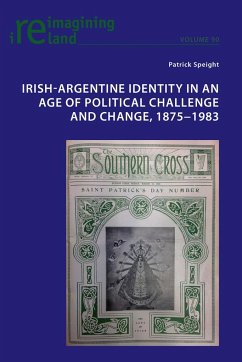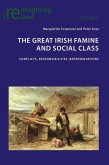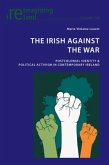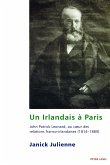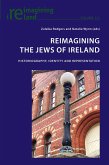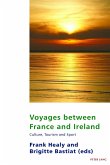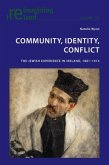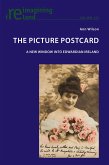The Irish immigrants who arrived in Argentina between 1840 and 1890 were welcomed. Argentina was different from the English-speaking destinations familiar to other Irish emigrees: the historical antagonism between Catholicism and Protestantism was absent, and Irish immigrants were spared the discrimination experienced by those who settled in America. Argentina was regarded as part of Britain's «informal empire», and the Irish benefitted economically and socially from being designated ingleses. The co-incidence of interest that developed between Irish-Argentines and British and American capital produced an economically successful community that was keen to protect its social status.
This book is the first comprehensive analysis of the Irish-Argentine community in a hundred years. Using the archive of the Southern Cross, the Irish-Argentine newspaper, it analyses the divisions that opened up in this community as it responded to 1916, the two World Wars, Peronism, the military dictatorship, and the Falklands/Malvinas war.
For generations the Southern Cross reflected and reinforced the conservative values of the community. But in 1968 a new editor would challenge the community over its failure to live up to what he considered to be the essence of being Irish: support for human rights and empathy with the poor.
This book is the first comprehensive analysis of the Irish-Argentine community in a hundred years. Using the archive of the Southern Cross, the Irish-Argentine newspaper, it analyses the divisions that opened up in this community as it responded to 1916, the two World Wars, Peronism, the military dictatorship, and the Falklands/Malvinas war.
For generations the Southern Cross reflected and reinforced the conservative values of the community. But in 1968 a new editor would challenge the community over its failure to live up to what he considered to be the essence of being Irish: support for human rights and empathy with the poor.
«A fascinating excursion into a still relatively little-known part of the Irish diaspora, which explores, with assuredness and insight, how the Irish retained an identity into the post-WWII period. An excellent contribution to both diaspora history and the history of Argentina.» (Professor Don MacRaild, Professor of British and Irish History, University of Roehampton)

